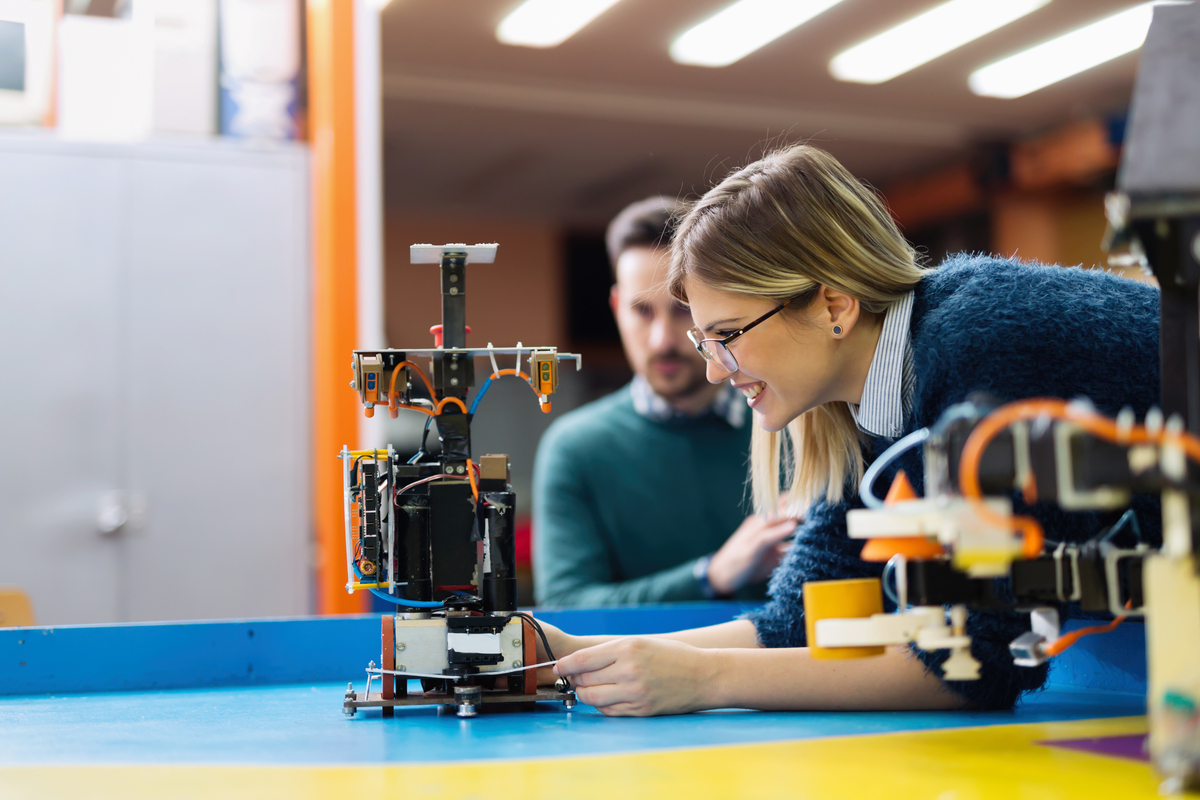Should Robots Replace University Lecturers? Ethical, Social, and Educational Considerations
The question of whether it is ethically, socially, and educationally right or wrong for robots to replace university lecturers is complex and multifaceted. While there are arguments both for and against this idea, it ultimately depends on how robots are utilized and integrated into the education system.
From an ethical standpoint, it can be argued that replacing human lecturers with robots raises concerns about job displacement and devaluation of human expertise. Lecturers often possess a deep understanding of their subject matter and are able to engage with students on a personal level, providing guidance and mentorship. By replacing them with robots, we risk dehumanizing the educational experience and diminishing the value of human interaction and expertise.
Furthermore, the social implications of relying solely on robots as lecturers can be significant. Higher education is not just about acquiring knowledge; it also serves as a platform for personal growth, critical thinking, and social interaction. Human lecturers bring diverse perspectives, life experiences, and empathy to the classroom, fostering a sense of community and facilitating intellectual discourse. Robots, on the other hand, lack emotional intelligence and may struggle to provide the same level of support and mentorship to students.
From an educational standpoint, the effectiveness of robots as lecturers is still uncertain. While robots can deliver information in a consistent and standardized manner, they may lack the ability to adapt to individual learning styles or address complex questions that require nuanced understanding. Human lecturers can tailor their teaching methods to suit the needs of diverse learners, providing personalized guidance and feedback. This individualized approach is crucial for effective learning and may be difficult for robots to replicate.
However, there are potential benefits to incorporating robots into the education system. Robots can provide additional resources and support to complement human lecturers, offering interactive and adaptive learning experiences. They can assist in delivering standardized content, grading assignments, or providing immediate feedback. This can free up lecturers' time to focus on personalized instruction, mentoring, and addressing higher-order questions.
In conclusion, the question of whether it is ethically, socially, and educationally right or wrong for robots to replace university lecturers is not easily answered. While robots may offer certain advantages, such as efficiency and scalability, they cannot fully replace the unique qualities that human lecturers bring to the table. Therefore, a balanced approach that combines the strengths of both robots and human lecturers is likely to be the most ethical, socially responsible, and educationally effective solution.

原文地址: https://www.cveoy.top/t/topic/qeOx 著作权归作者所有。请勿转载和采集!